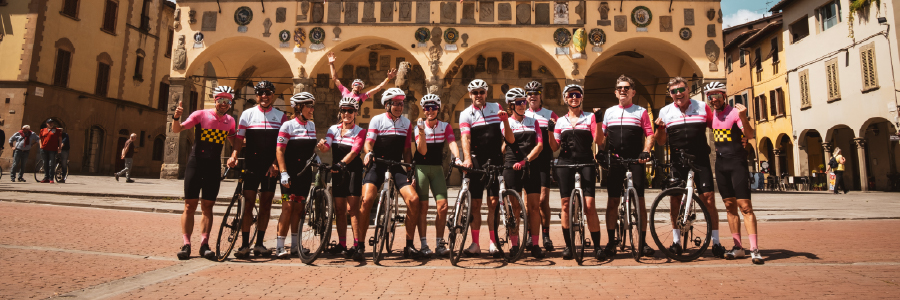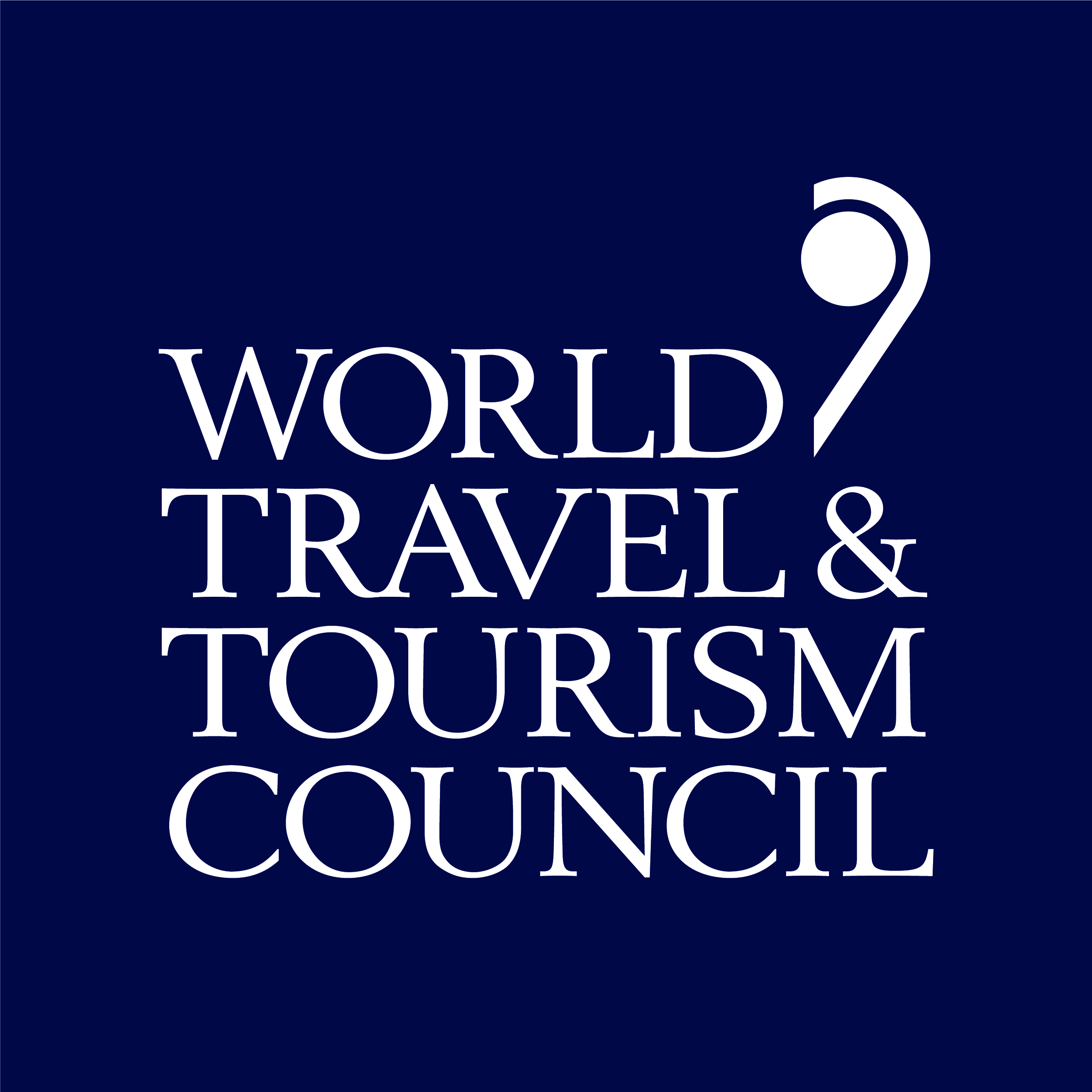From hidden roads to hidden stories: The cycling tours redefining Italian travel

Clive Marshall, CEO and Founder of Italy Bike Tours, still remembers the moment that changed everything. A guest, fresh off the saddle after a week-long cycling trip, looked him straight in the eye and said, “This has been the best week of my life.” That wasn’t just feedback. It spoke about Italy Bike Tours as being a movement built on connection, culture, and the pure joy of discovery. “I started Italy Bike Tours because I was in love with cycling, with Italy, with the idea that travel could be both premium and personal,” Clive says. “What I saw was a gap between impersonal, cookie-cutter bike tours and the rich, authentic experiences travellers were really craving.”
Sign in to access actionable insights
Clive Marshall, CEO and Founder of Italy Bike Tours, still remembers the moment that changed everything. A guest, fresh off the saddle after a week-long cycling trip, looked him straight in the eye and said, “This has been the best week of my life.” That wasn’t just feedback. It spoke about Italy Bike Tours as being a movement built on connection, culture, and the pure joy of discovery. “I started Italy Bike Tours because I was in love with cycling, with Italy, with the idea that travel could be both premium and personal,” Clive says. “What I saw was a gap between impersonal, cookie-cutter bike tours and the rich, authentic experiences travellers were really craving.”
From day one, Clive’s mission was no generic routes, no faceless hotels, no rushed itineraries. Instead, guests would wind through hidden backroads, stay in family-run agriturismi (farm stays in Italy, combining agriculture and tourism), share meals with locals, and return home with stories they couldn’t have found in a guidebook. “Our guests don’t just ride through Italy, they connect with it,” he explains.
Riding the fine line between premium and authentic
Balancing high-end service with genuine cultural immersion is tricky. But Italy Bike Tours nails it by curating every detail, such as boutique hotels that feel like home, meals that tell the story of the land, and guides who know not just the roads, but the families who’ve lived along them for generations.
Cycling tourism itself has evolved rapidly. Riders today want experiences that feed their soul. Italy Bike Tours adapted quickly, offering private and custom itineraries, adjusting routes for different fitness levels, and handpicking experiences based on each guest’s personal interests.
And while many SMEs wrestle with digitisation, Clive has found ways to embrace technology without losing the human touch. Ride with GPS ensures seamless navigation, a hybrid CRM keeps track of every guest’s quirks and preferences, and social media brings the ride to life in real time. “Technology should support efficiency, not replace the relationships,” he says.
Pedalling towards sustainability
Sustainability is baked into the way Italy Bike Tours operates. Travelling by bike naturally reduces environmental impact, but Clive and his team avoid overcrowded hotspots, working with small-scale food producers, and teaching guests about the environmental challenges each region faces.
One standout moment came in Puglia, where the team partnered with a small olive oil producer. After a private tasting, guests were so touched by the family’s story that they crowdfunded a new press for them. The experience became a staple in Italy Bike Tours’ Puglia trips, and the olive oil producer now gets direct business from referrals. “It’s proof that SMEs and responsible tourism can lift each other up,” Clive says.
SMEs are the hidden champions of tourism
To Clive, SMEs are the soul of travel, especially in rural regions. They’re the ones protecting traditions, keeping money in the local economy, and opening doors to experiences. When scouting new partners, Italy Bike Tours looks for three things: passion, quality, and shared values, often finding creativity in unexpected places.
Like the Sardinian shepherd who turned a standard stop into a sunset cheese-making demonstration. Or the vineyard owner who opened up his family’s cellar for impromptu tastings. “These moments are what our guests talk about years later,” Clive notes.
Building trust, one story at a time
For first-time guests, trust is everything. Italy Bike Tours builds it by being transparent, overdelivering, and making every connection personal. Guides introduce local partners by name, post-trip emails include restaurant tips for the next visit, and guest stories form the backbone of their marketing.
“People don’t buy a bike tour, they buy the dream of pedalling through vineyards at golden hour. That’s why storytelling is Italy Bike Tours’ number one marketing tool, from Instagram reels capturing a spontaneous village festival to blog posts chronicling guests’ most memorable moments,” Clive says.
Clive’s tips for tourism startups are:
- Start small, perfect your product, then expand.
- Collaborate with other SMEs instead of competing.
- Invest in your staff as they’re the face of your brand.
- And whatever you do, don’t compete on price. Differentiate through depth, not discounts.
Looking ahead, Italy Bike Tours has plans for new slow-food cycling routes in Emilia-Romagna, multi-country Adriatic adventures, and fresh partnerships in Slovenia and Croatia. With new offices and warehouses in the works, the company is preparing for its next growth spurt.
The future of active travel, Clive believes, will be built on collaboration, especially cross-border SME networks that can deliver seamless, high-quality experiences across countries. “Platforms like Together in Travel could help standardise quality, streamline bookings, and co-market. We’re stronger together,” he says.
And perhaps that’s the takeaway for anyone in travel, whether you’re an SME in rural Italy or a startup on the other side of the world. Success is about the connections you make along the way. In the end, it’s about the people, the stories, and the places that stay with you long after the ride is over.

















